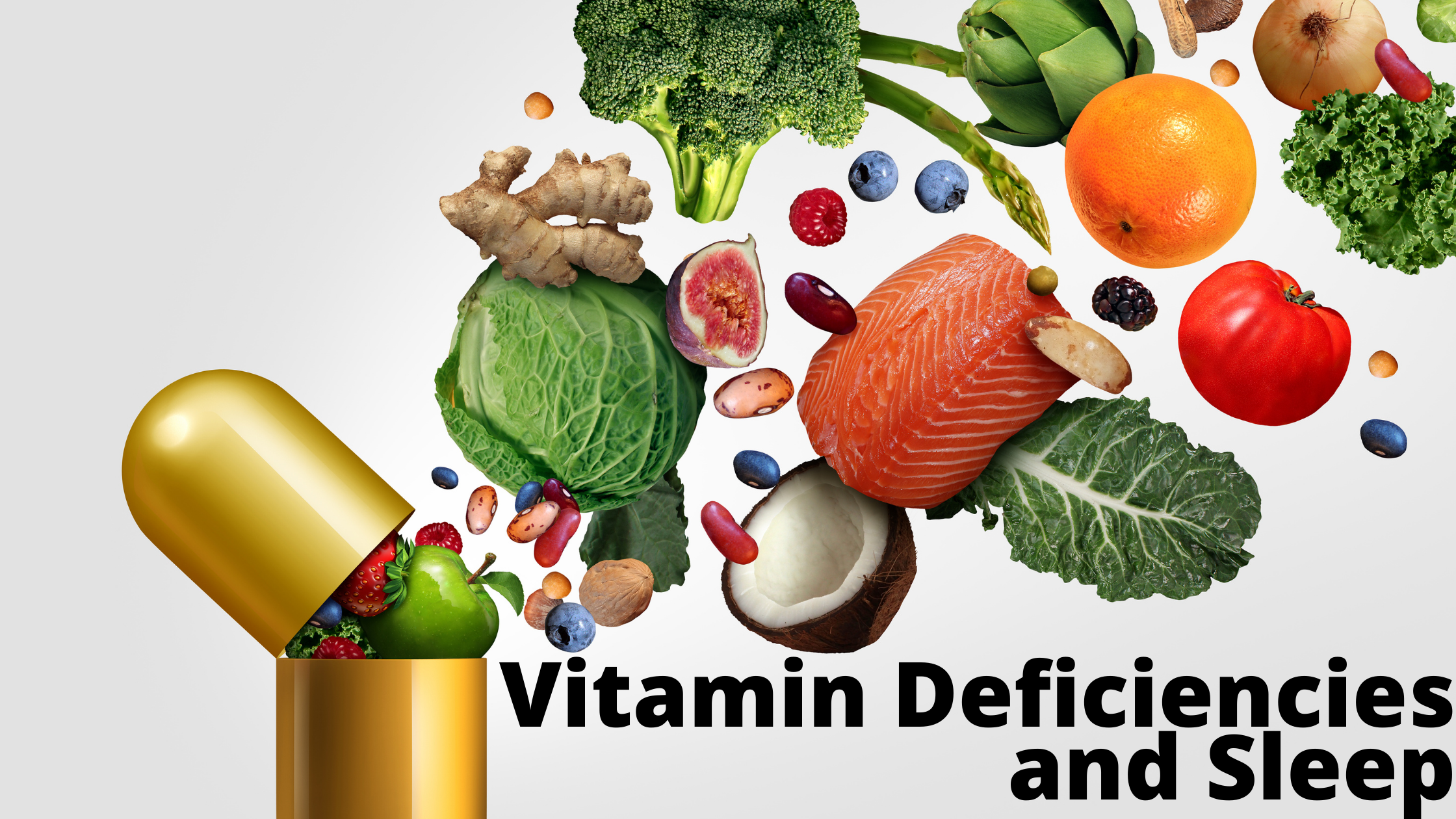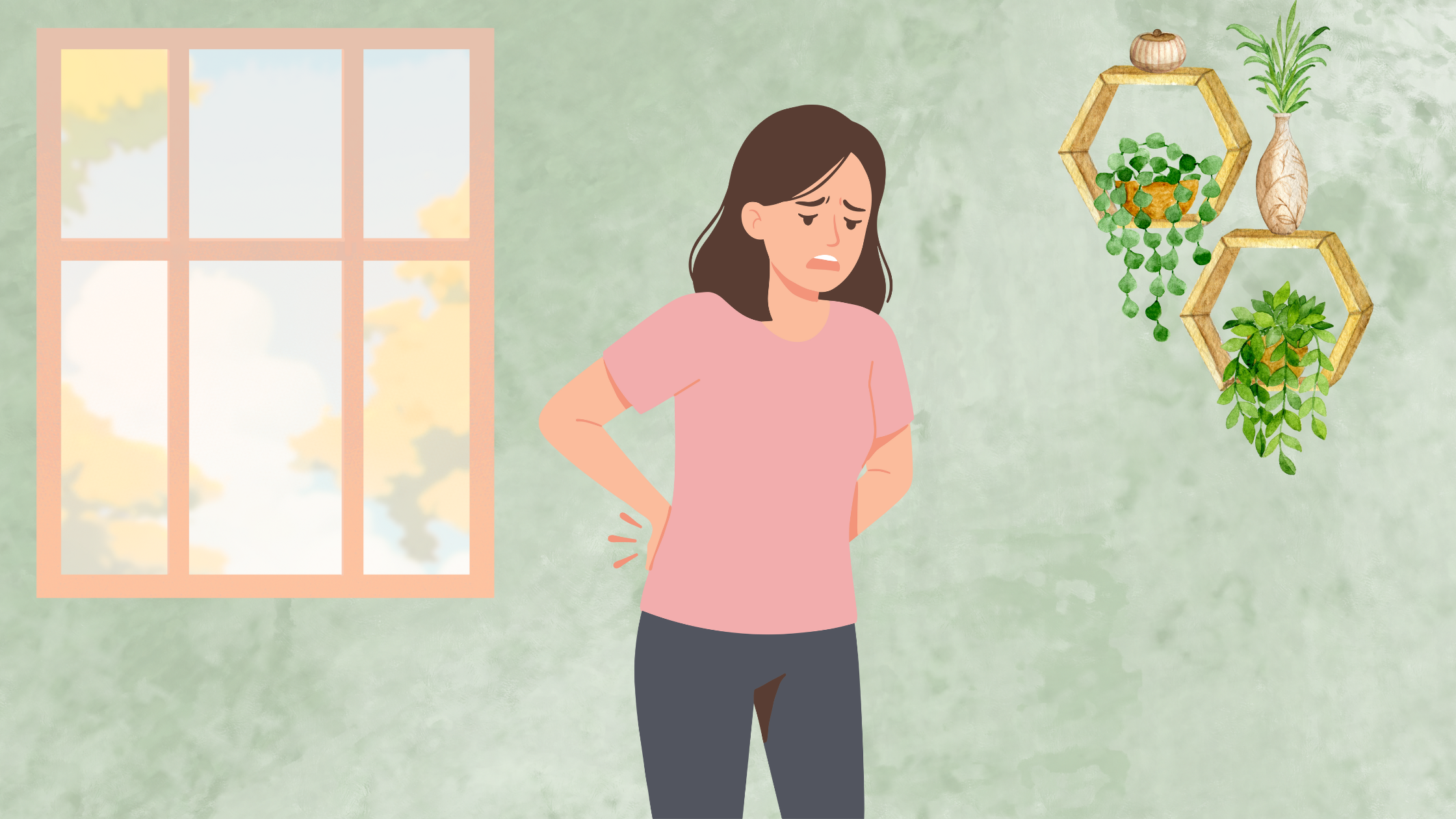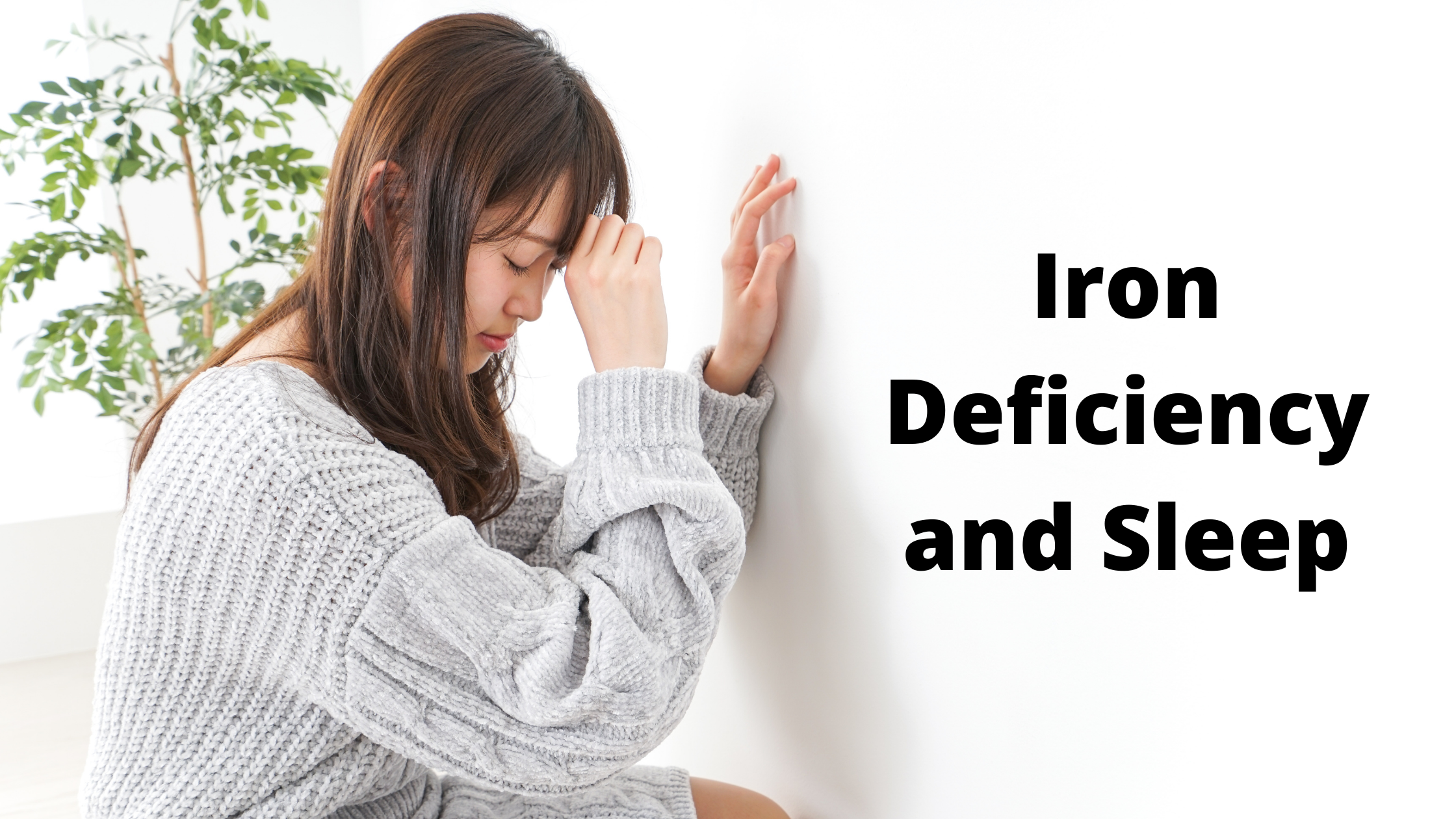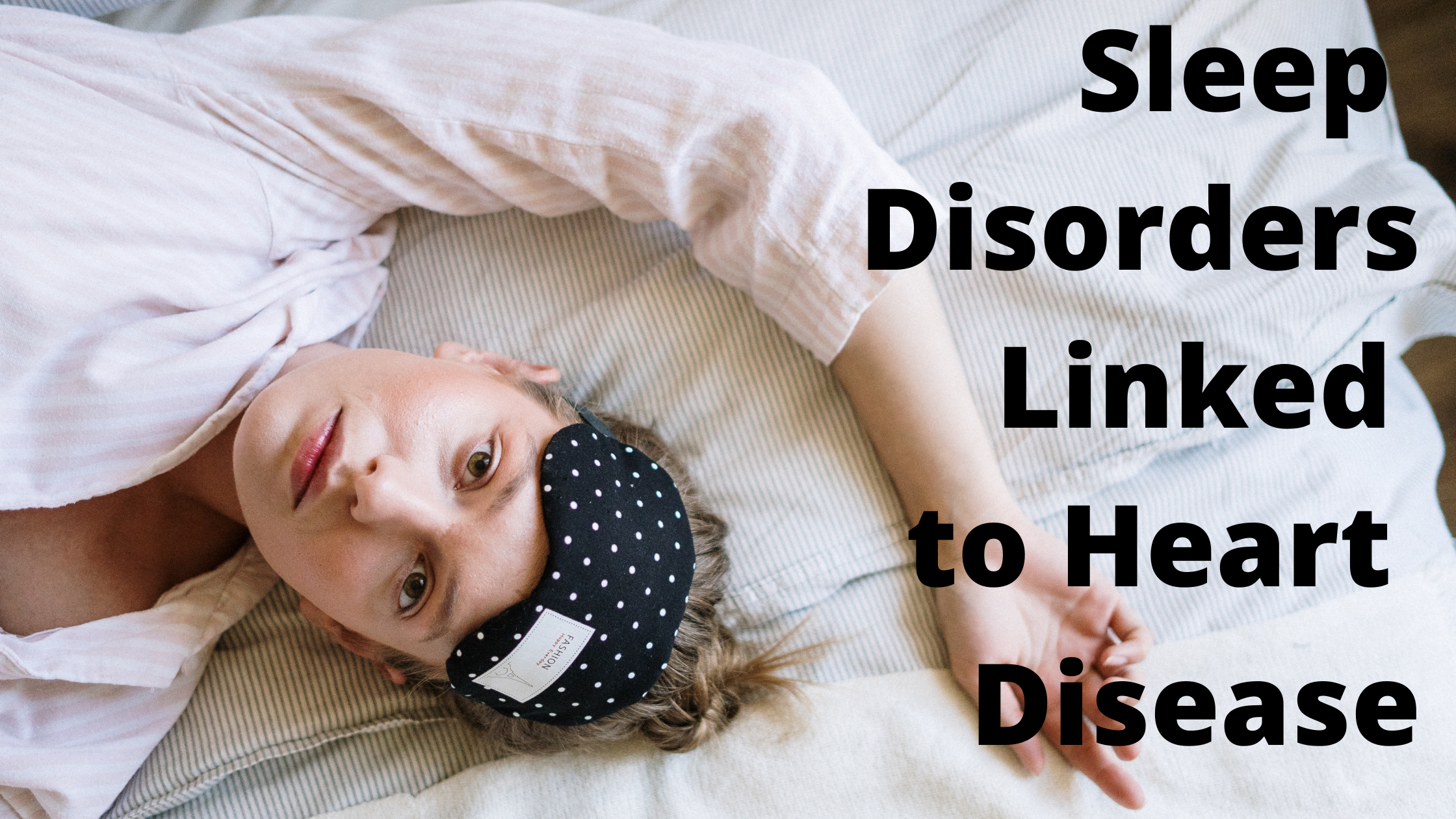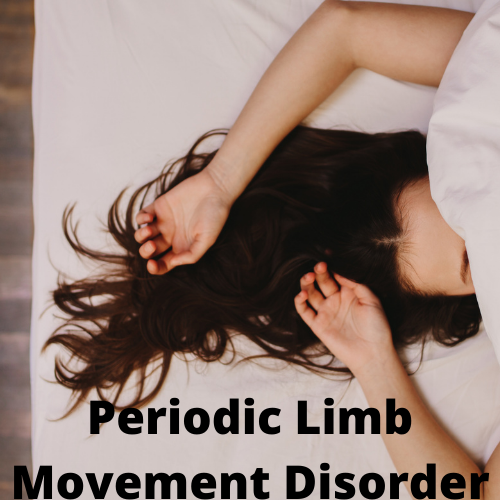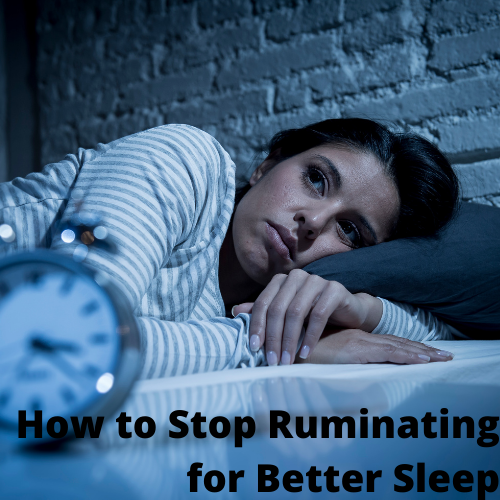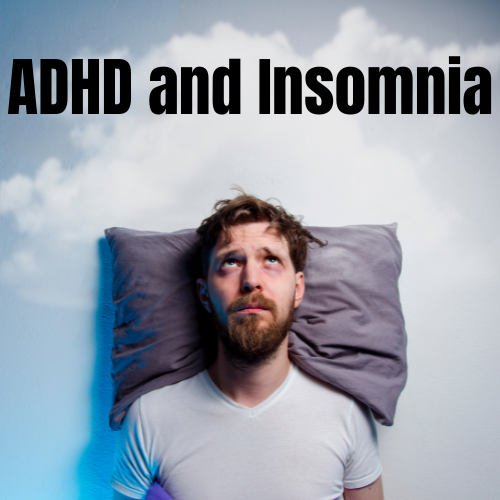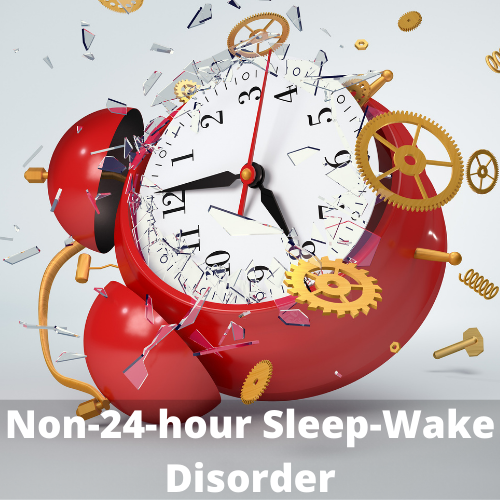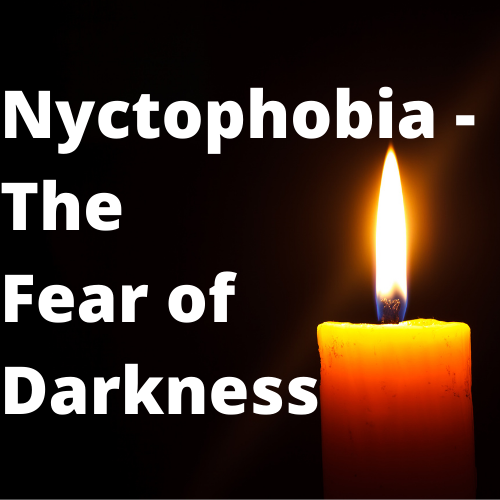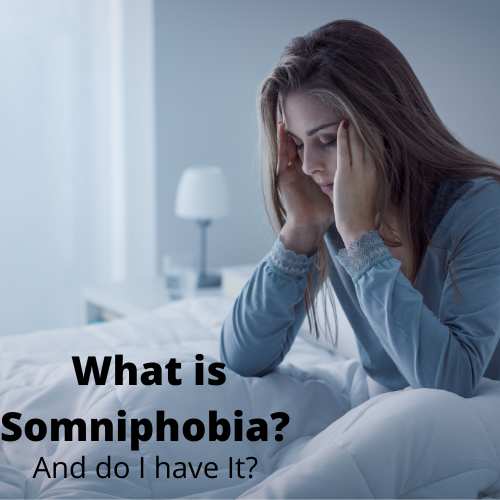Diet and sleep are interlinked in a variety of ways. Although more about this relationship still needs to be discovered, it's clear that there are a few elements of our diet that can impact our ability to get good quality sleep. Vitamins are an example of a nutrient that we must get enough of throughout the day to avoid health issues related to their deficiencies. Below is a list of 5 vitamin deficiencies that can affect your sleep. If you think you're deficient in any of these, you must talk to your doctor before running out and finding supplements, as toxicity and overdosing on vitamins is possible.
Fibromyalgia is a somatic pain disorder that can be very hard to treat and very disruptive to one's life. Sleep quality can be a great way to improve symptoms, but it's very difficult to get good sleep with fibromyalgia. If you are someone with fibromyalgia and you struggle with getting good sleep, then below we are going to talk about some remedies you can use to improve your sleep.
Iron deficiency anemia is a very prevalent disease in the United States. It stems from having an iron shortage that impacts the blood's ability to properly transport oxygen throughout the body. These can lead to serious pain and even sleep disturbances. Treating anemia may help to relieve insomnia and other sleep problems. Continue reading to find out how anemia impacts sleep and what you can do to help treat it.
Sleep disorders have one thing in common, they interrupt sleep. Therefore, it's important that if you have a sleep disorder, you find the problem before the accumulation of interrupted sleep leads to chronic sleep deprivation. Sleep deprivation is more than just being tired. It can negatively impact several organ systems, including your heart. Heart disease is the number one cause of death worldwide, so it's important to do everything possible to maintain its health - including getting enough sleep. Continue reading to find out how common sleeping disorders can lead to cardiovascular disease!
Periodic limb movement disorder is a rare sleeping disorder that involves random movement of extremities that should be “paralyzed” during deeper levels of sleep. This syndrome is similar to restless leg syndrome (RLS); however, it is different because it involves random and periodic movement of all of the limbs and not the tingling sensation of restless leg syndrome. However, this can co-occur with restless leg syndrome. Keep reading more to find out more about this rare disorder to see if you struggle from it, and what you can do to get the help that you need.
Rumination, the incessant loop of thoughts that refuse to let go, can be a major hindrance throughout the day and especially when it's time to sleep. When your mind is caught up in this cycle, it becomes nearly impossible to shut off and find the restful sleep you deserve. This can lead to or exacerbate anxiety, depression, and insomnia, resulting in a vicious cycle of sleep deprivation. To learn more about the impacts of rumination and how to break free from its grip, continue reading.
Attention deficit hyperactivity disorder, ADHD, is a neurodevelopmental disorder that impacts one's ability to pay attention, sit still, and control their impulses. This is normally diagnosed in childhood and persists into adulthood. The hyperactivity of ADHD can make sleeping very difficult and can even cause the onset of insomnia. Read below to see how ADHD can cause insomnia, and some tips to manage symptoms for better sleep.
Have you noticed that you don't go to sleep at the same time every day, and that you seem to go to sleep later and later until you've hit a 24-hour sleep delay? This may sound confusing, but imagine one day you go to sleep at 10 pm and then the next day at 11 pm, and this continues until you find yourself going to sleep at 10 pm again.
This is abnormal, as our circadian rhythm usually helps us go to sleep at the same time every day. If you are having trouble going to sleep every day at the same time, then you may have non-24-hour sleep-wake disorder (N24). Continue reading to find out more about it.
Nyctophobia is a mental health disorder, or anxiety disorder, that is the fear of darkness. This goes beyond children who are afraid of the dark. This phobia is extreme distress and fear of the darkness and night. These can cause feelings of anxiety and depression, and are so excessive or irrational, they impact one's day-to-day.
Somniphobia is a specific fear of falling asleep. For individuals with this condition, sleep itself becomes a source of anxiety, leading to persistent worry throughout the day about going to bed. There are multiple reasons why someone might develop somniphobia, and as a mental health issue, it often requires time and attention to manage. The following information can help you recognize somniphobia and decide whether you should consult your physician about the possibility of having this phobia.

